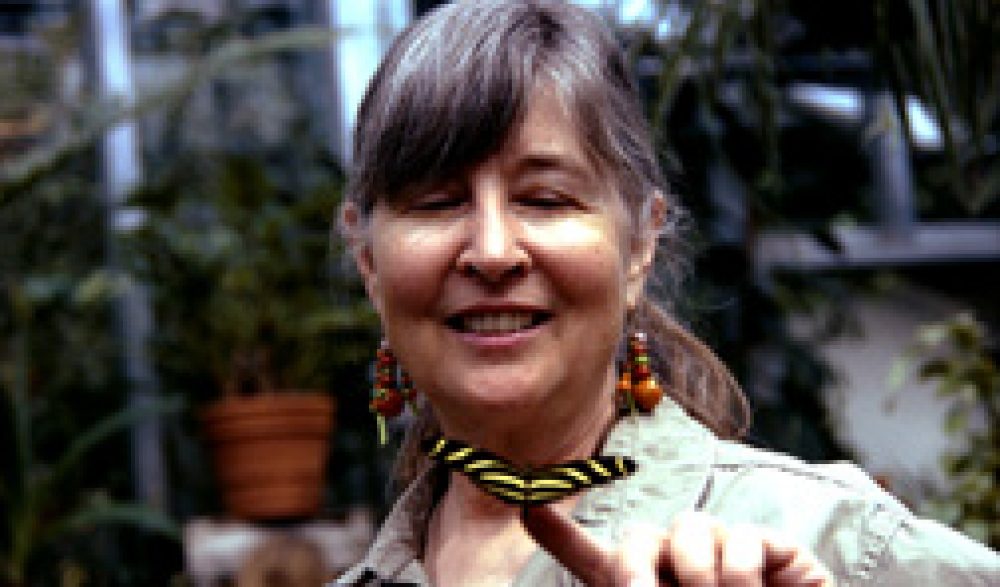Strawberry Bank is my first memory of woods and wild things. Perched atop a steep hill above dense green rain-fed forest, the rickety corrugated metal shack which was to house five families that summer commanded a million-dollar view of snow-topped Himalayas. Strawberry Bank sat up so high that we could observe an approaching storm from above, clouds roiling up the mountain, fog-fingers curling closer and closer, until we were caught in a fist of rain that would pour down, Dad said, “like pitchforks.” We might have stayed there longer than that season if we hadn’t had to boil all the chapais to get the bedbugs out, or if there had been electricity or running water, or if the roof hadn’t served so poorly that David had to cook under an umbrella. Rain came down like giants dumping dishwater, plinking and plopping into our buckets and pans.
In her recent memoir, Thirty-three Year & Twenty-one Homes: Across the World to Michigan (Beaver Island Arts, 2014), my mother describes our arrival and first days in this Murree home in such horrifying detail that I wonder why I can’t remember any of that, or even what the inside looked like. I only remember the woods. Could this place and our snug Chicago home or the concrete sidewalks I had so recently tread to my brick Chicago school exist on the same planet? Strawberry Bank didn’t even resemble our new Lahore home.
We’d left Lahore for Murree soon after our arrival in Pakistan and only days after Dad and Majid delivered the Ford from Karachi. I hadn’t had time yet to fall in love with our well-kept Lahore home, its tall trimmed hedges wrapping securely around the large yard, its mali-tended gardens lavish with pink and yellow lantana, papery fuchsia bougainvillea, velvety purple pansies. The carrots I would steal from our kitchen garden had not yet been planted and the wars between the black and red ants at the end of the packed dirt driveway were yet undiscovered.
What did I care about bedbugs, leaks and lice? I must have been afraid—or at least my mother must have—but apparently, I never got bit by spiders or snakes, never suffered malaria like my brother and aunt, or amoebic dysentery like my mother, never had a stray dog break my nose like my sister. I like to think I was made immune by enchantment.
Strawberry Bank
I spent a summer at Strawberry Bank
where the old roof leaked and the walls smelled dank,
where thread-legged spiders spun traps in the door
and in through the drain of the bathroom floor
snuck snakes as long as your leg, or more!
But there weren’t any strawberries.
All summer long I made my search
from the rain-wet weeds to the sky-high perch
I found in a ladder-limbed long-needled pine
where everything I saw was mine
from the mountain view to not one sign
of berries at Strawberry Bank.
But the time flew by as soft as the fawn-
winged moth I caught one day at dawn.
It was stuck in the sap of an injured tree
next to a luna moth pale as the tea
I brewed from the sharp green peppermint leaves
that grew instead of strawberries.
The air was thick with slick-winged birds
and leafy parrots and hairy herds
of moneys screaming jokes and lies
at mango-colored butterflies
and other unexpected spies
like me, looking for strawberries.
I fingered toadstools damp as skin
and snails with trails of gelatin
and deep rich pelts of moss, and toads
that hiccupped in the mucky roads
where I walked home with lumpy loads
of everything but strawberries.
And then one day, late in July
near some violets brushed with dye
and under leaves pitched up like tents,
I found them—thick and wild and dense,
strawberries, sweet as an audience
and a summer’s promise kept.
